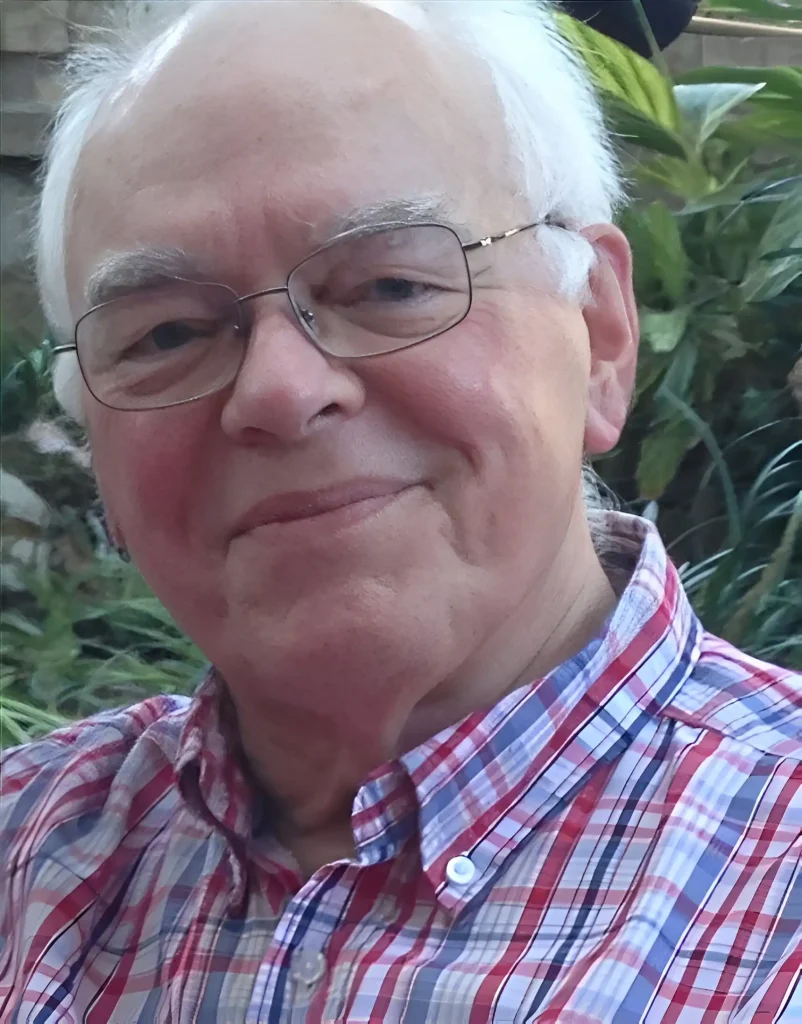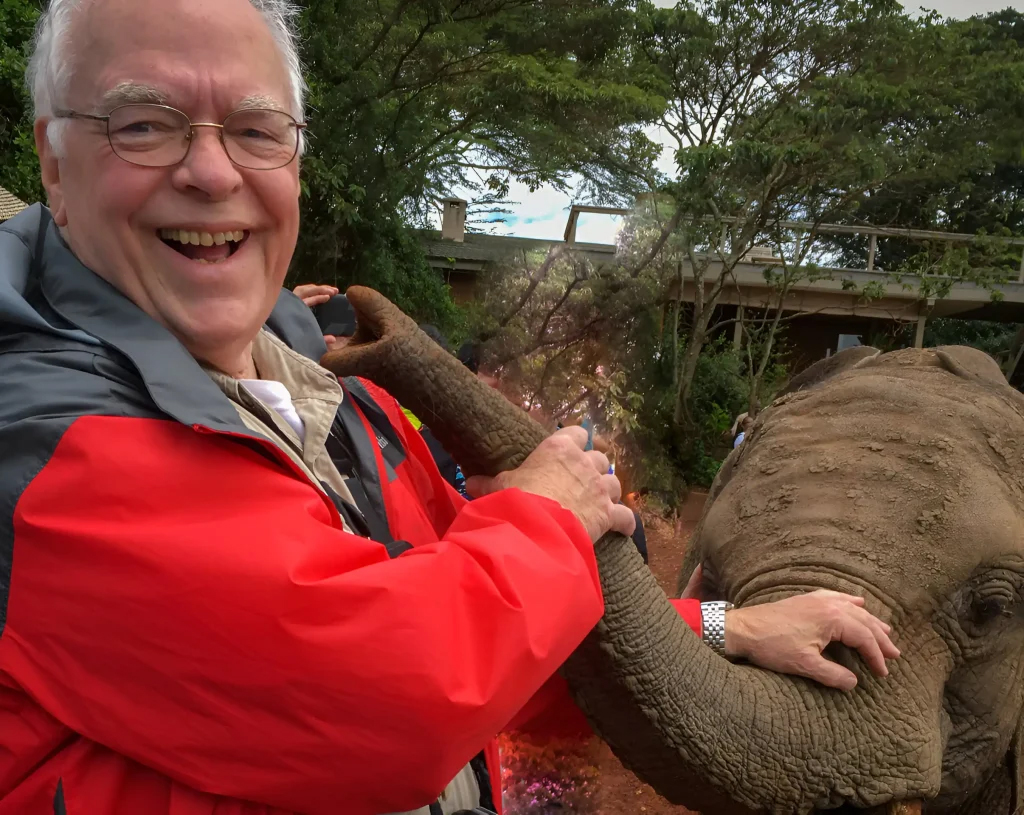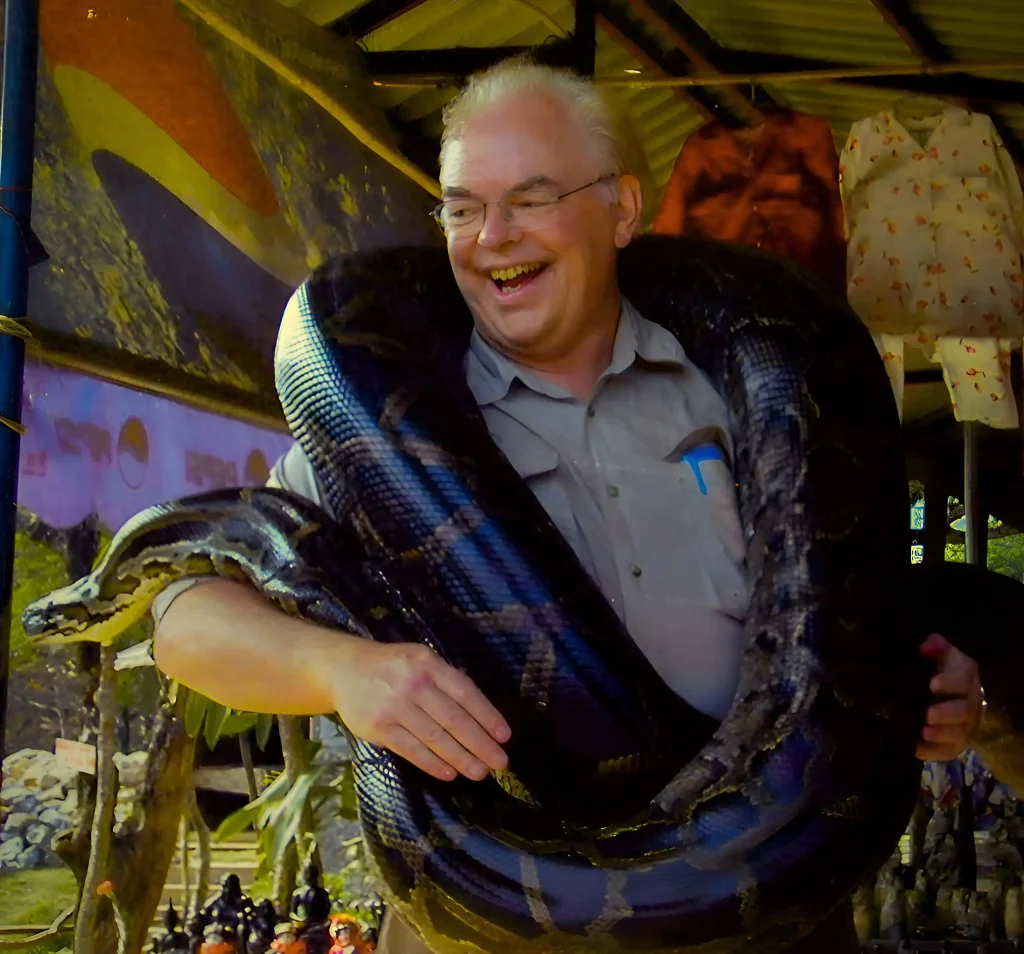


About the Author
Davidson Loehr
A Life of Varied Calling
Davidson Loehr is an author, theologian, and retired Unitarian minister known for his sharp intellect and often-controversial views on religion, politics, and culture. A true “Renaissance Man,” Loehr’s life has been a winding path of highly varied careers, from professional musician to decorated military officer and combat photographer, before settling into his calling as a minister and writer. He earned his Ph.D. in theology and philosophy of religion from the University of Chicago and is a long-time Fellow in the Jesus Seminar.
Loehr’s literary works, including Hollow Gods: Why Liberalism Became a Destructive Religion and America, Fascism, And God: Sermons from a Heretical Preacher, are distinguished by their clarity, philosophical depth, and willingness to challenge the prevailing orthodoxies of both the political left and established religion.
I can certainly create the content for the page about Davidson Loehr, following the structure provided earlier.
The Renaissance Man: Early Life & Military Service
Loehr’s professional journey began far from the pulpit. He was a professional musician in his late teens and early twenties, playing clarinet and saxophone in rock ‘n roll, jazz, and Dixieland bands.
His career took a dramatic turn when he enlisted in the U.S. Army. Driven by a desire for challenging experiences, he became a graduate of the Army’s best NCO academy and Artillery Officer Candidate School. During his 43 months in the Army, his skills led him to serve a year in Vietnam. Initially, he was the Vietnam Entertainment Officer, working with famous USO shows including Roy Rogers, Dale Evans, and Martha Raye. Feeling a “cowardly and ashamed” distance from the reality of war, he requested a transfer and spent his final seven months as a combat photographer and press officer with the 11th Armored Cavalry Regiment.
Upon returning, Loehr owned a successful, high-priced portrait photography studio in Ann Arbor, Michigan, and later worked as a carpenter, before realizing his professional life still lacked a spiritual center.
The Path to Ministry and Academia
The pursuit of a more meaningful career led Loehr back to academia and religion, a field he had abandoned as a child. He earned both his M.A. in “Methods of studying religion” and his Ph.D. in theology and the philosophy of religion from the University of Chicago. His doctoral work focused heavily on the philosophy of science and the language philosophy of Ludwig Wittgenstein.
Loehr was then “called” to the liberal ministry, serving as a Unitarian minister from 1986 until his retirement in 2009. His profound theological and philosophical training informed his ministry and led him to become a Fellow in the Jesus Seminar since 1992. He is also active in the International Big History Association.
Key literary works and heretical views
At the core of Loehr’s writing is a rejection of what he terms the “religion of the priests” (orthodox, concerned with cultural and monetary power) in favor of the “religion of the prophets” (heretical, concerned with truth and challenging the status quo).
He reclaims the word “heresy,” which comes from the Greek word meaning “to choose,” arguing that genuine spirituality—the holy spirit—is found on this “road less traveled.”
Major Published books
- Hollow Gods: Why Liberalism Became a Destructive Religion: This is his most recent and controversial work.
- America, Fascism, And God: Sermons from a Heretical Preacher: A collection of sermons that blend political and religious commentary.
- Stories of Life: The Nature, Formation and Consequences of Character: Focuses on the crucial role of the stories we believe about ourselves and the world in shaping character.
The Critique of liberalism in hollow gods
Loehr, a lifelong liberal himself, uses Hollow Gods to offer a stark, internal critique of modern liberal ideology. His central argument is that over the last two centuries, liberalism has successfully sloughed off biblical religion with its supernatural God and eternal heaven. However, it has failed to replace that void with anything adequate.
In place of an omniscient God, he argues, many liberals have installed their “exalted, diploma’d, wisdom,” seeking to implement a utopian socialism here and now. This substitution, Loehr contends, has resulted in an ideology that is often arrogant, fact-resistant, and ultimately destructive to institutions including education, the media, and race relations. He challenges readers to find a more responsible, healthy religion and a better answer to the fundamental existential questions: Who, at my best, am I? and How should I live, so that when I look back I can be glad I lived that way?
A Voice of Heretical Clarity
Davidson Loehr remains a vital voice because he resists simple categorization. He is a liberal theologian who sharply critiques liberalism, a former military officer who became a preacher, and a self-proclaimed heretic who seeks the deepest truth of the religious experience. His work is a continuous call for intellectual integrity and a genuine, courageously chosen path in life, reminding readers that the ultimate measure of any belief system is not its popularity but its ability to foster sound character and a better world.
